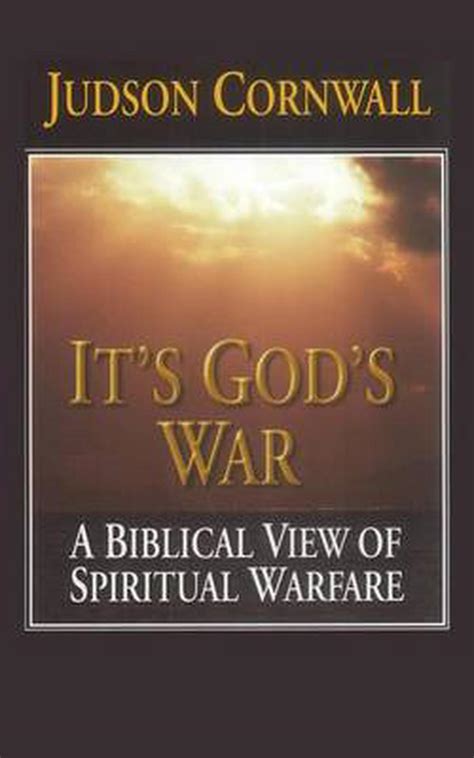A Quote by Pope Benedict XVI
By itself, the question of the liturgy's essence and the standards of the reform has brought us back to the question of music and its position in the liturgy. And as a matter of fact one cannot speak about worship at all without also speaking of the music of worship.
Related Quotes
Worship is not music. We can certainly worship Him without musicians and without a song. And by the way, God does not actually seek worship. The Word tells us that He seeks worshippers. He's not looking for those who make the most beautiful music. He's looking for those who worship in spirit ... and in truth. Music is only one of the ways that he has ordained for us to express our worship. Yet too many worship leaders today spend more time honing their craft and planning / rehearsing their worship sets, than they spend on their face, alone in worship.
Wherever applause breaks out in the liturgy because of some human achievement, it is a sure sign that the essence of liturgy has totally disappeared and been replaced by a kind of religious entertainment. Such attraction fades quickly - it cannot compete in the market of leisure pursuits, incorporating as it increasingly does various forms of religious titillation.
This worship, given therefore to the Trinity of the Father and of the Son and of the Holy Spirit, above all accompanies and permeates the celebration of the Eucharistic liturgy. But it must fill our churches also outside the timetable of Masses. Indeed, since the Eucharistic mystery was instituted out of love, and makes Christ sacramentally present, it is worthy of thanksgiving and worship. And this worship must be prominent in all our encounters with the Blessed Sacrament, both when we visit our churches and when the sacred species are taken to the sick and administered to them
I think the church should strive to give parishioners good music. Music is as necessary for worship as a building with a beautiful altar, artwork, and stained-glass windows. Together they create an environment conducive to worship and contemplation. We are not in church for entertainment, but to worship.
The true, the genuine worship is when man, through his spirit, attains to friendship and intimacy with God. True and genuine worship is not to come to a certain place; it is not to go through a certain ritual or liturgy; it is not even to bring certain gifts. True worship is when the spirit, the immortal and invisible part of man, speaks to and meets with God, who is immortal and invisible.
I think there are a lot of people that lead worship don't really understand the weight of what they do. But I think it is all about leadership. It's how you lead people into understanding what this is about. But also the wind of God, the fresh Spirit of God has been amazing, and that is what has caused people to turn their hearts towards it. Worship music is the most popular thing in Christian music.
There’s a real question as to what beauty is and why it’s important to us. Many pseudo-philosophers try to answer these questions and tell us they’re not really answerable. I draw on art and literature, and music in particular, because music is a wonderful example of something that’s in this world but not of this world. Great works of music speak to us from another realm even though they speak to us in ordinary physical sounds.
One of the great things about America is that we have the freedom to worship or not worship as we please. It doesn't matter whether you're a Christian, Jew, Muslim. It doesn't matter whether you're an evangelical or a Catholic or a moderate Jew. You're entitled to worship - or an agnostic or atheist.
To worship God 'in spirit and in truth' is first and foremost a way of saying that we must worship God by means of Christ. In him the reality has dawned and the shadows are being swept away (Hebrews 8:13). Christian worship is new covenant worship; it is gospel-inspired worship; it is Christ-centered worship; it is cross-focused worship.



































